Today we bring you another podcast from our phi-life series.
Phi-Life is a series of podcasts where John Barban and Brad Pilon discuss their ideas and concepts on the topics of muscle building, fat loss and health. In a nutshell they are just thinking out loud and recording it for your benefit.
Today’s topic: Money Doesn’t Lie – Tracking Weight Loss not with Calories, but Your Finances

Do you know how much do you spend on food?
If you like numbers, you will like today’s podcast. If you hate counting calories, then this podcast is for you as well.
It’s something most people don’t think about. However, there is a link between how much money you spend and how you spend it AND the amount of fat you are carrying around your belly.
Money doesn’t lie, where you choose to spend your money is a good indicator of your diet , what results you can expect from it, and even who you are as a person. Discovering who you really are may be quite shocking, so not everyone is willing to look at this type of data and face the facts.
When you look at someone’s bank account and more specifically the money spent on food, you can get a pretty good indication of how that person eats.
The truth is, money is neither good nor bad. If you are a consumer, it’s a way of obtaining what you desire. If you are an investor or entrepreneur it’s a tool to make your plans become a reality. Since we live in a society that’s economy-based, you’re a part of the economy whether you like it or not. So you might as well learn how the economy works and how to make it work for you.
While this is not a website about finances, we recognize that money and calories are tied together. There is a fine line between you paying for energy and paying for weight gain. Once your body has what it needs, anything after is money you are investing only to to gain a return fat.
In the U.S., people spend more than 1.6 trillion dollars a year on food alone. That’s a lot of money…and a lot of food.
What’s also interesting is this data indicates that Americans spend most of their money on food in restaurants and prefer to have it prepared rather than going to the grocery store and cooking it themselves. This is the complete opposite of what most Europeans prefer. Could this one decision or habit affect your ability to lose fat?
In this episode of Phi-Life podcasts, Brad and John will share with you several findings on this subject. They will also discuss the national economic food trends in the U.S. and how the analysis of one’s finances can predict weight gain. It’s pretty incredible, but also very logical when you hear it.
You will also learn and discover:
- How much red meat does the average American consume per year
- Why (and how) tracking your finances through your food budget can help you lose weight and save money
- How your eating habits encourage food companies to produce more food and thus contribute to the growing obesity rate
- The simple truth about your environment and why you are fighting an uphill battle with your diet
- Pro’s and con’s of being an average consumer
- How you maybe setting yourself up for failure and weight gain with your spending habits
- How to budget for fat loss (finance not calories)
- Why you should track how much money you spend on food, and more specifically what type of food and where it comes from
- Why tracking your finances might be simpler than tracking your calories
Listen to the podcast here:
Podcast: Play in new window | Download

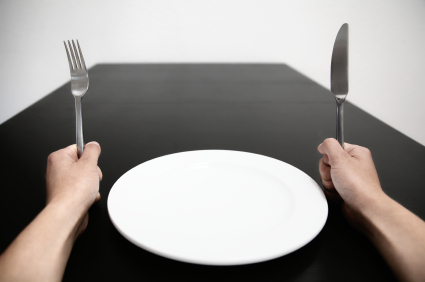


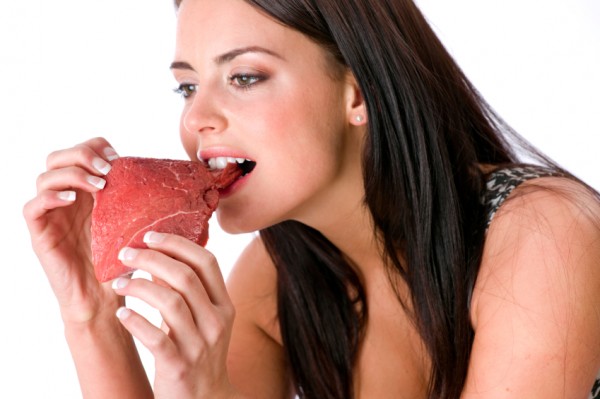

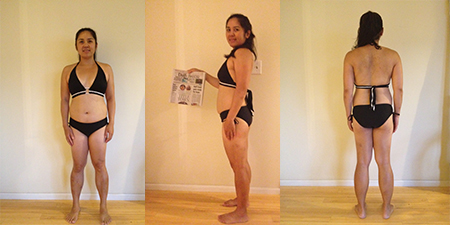
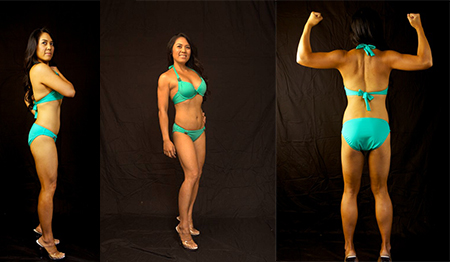
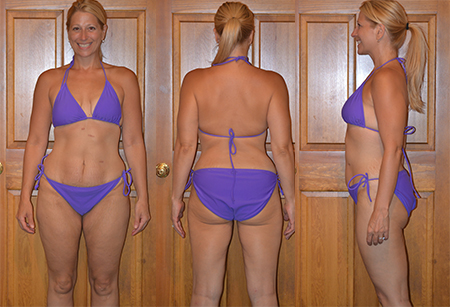
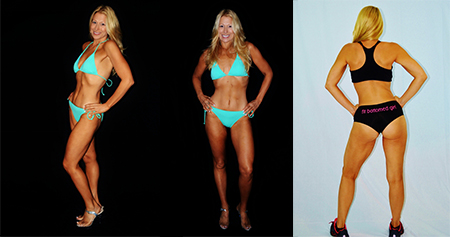
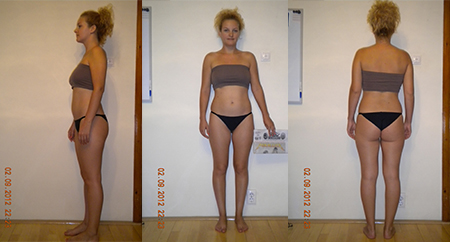
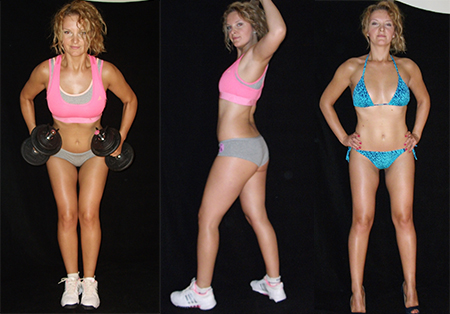
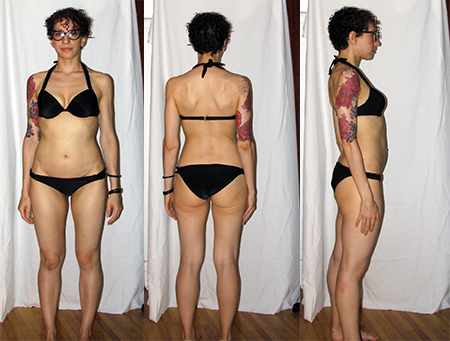

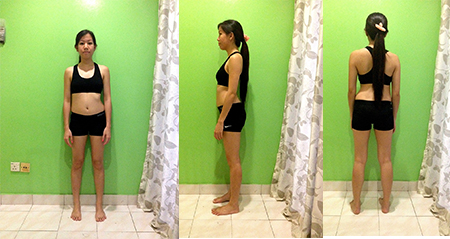

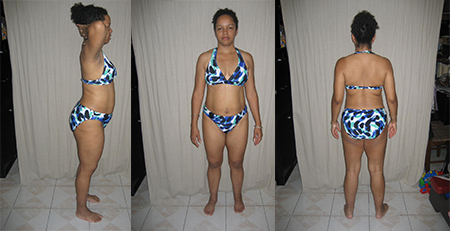
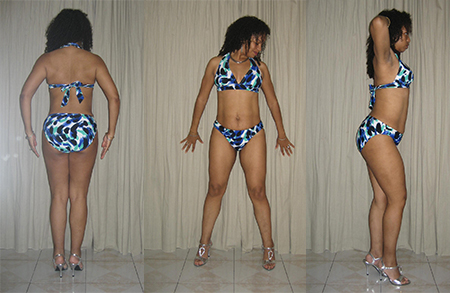
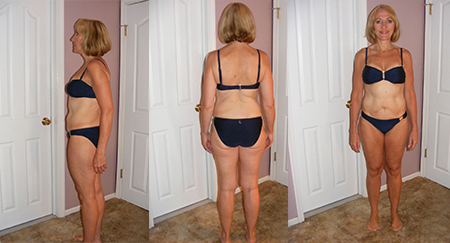
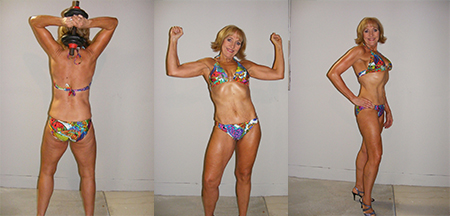
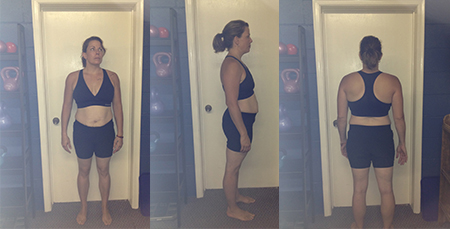
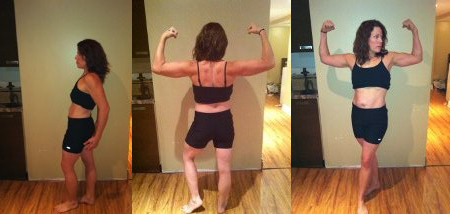
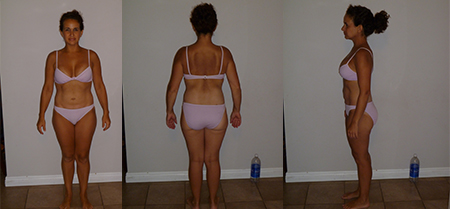
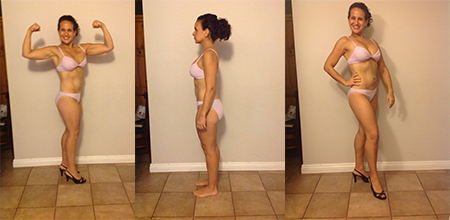

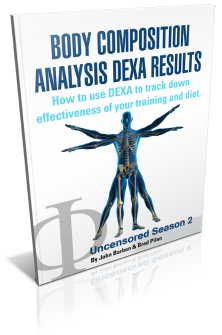
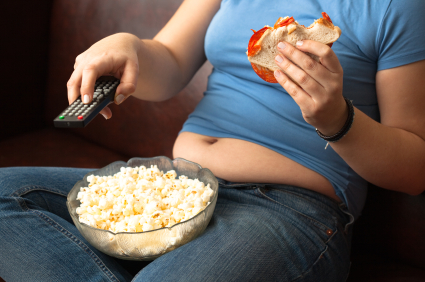
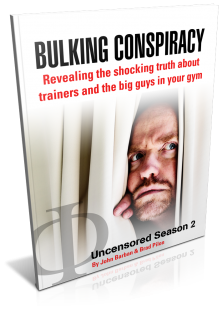

New Comments